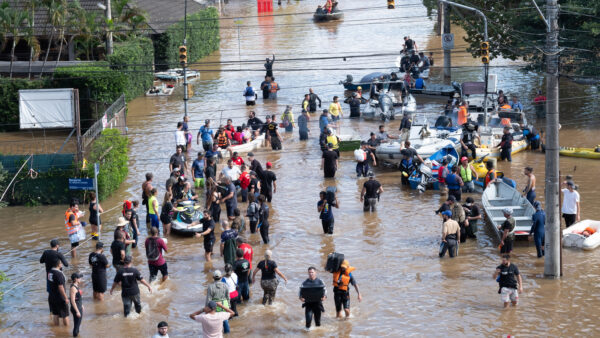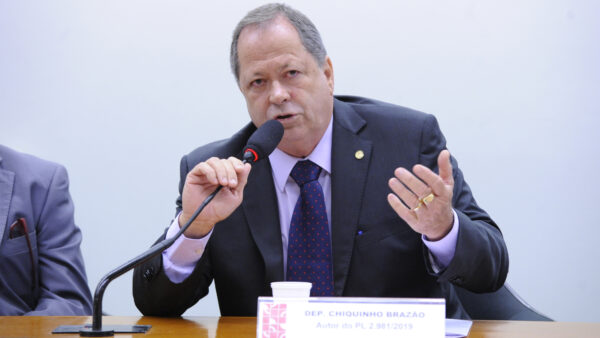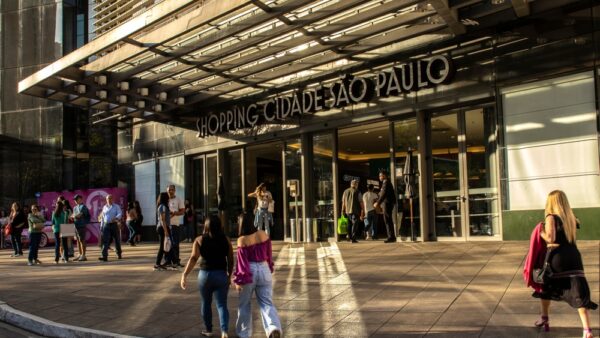President Luiz Inácio Lula da Silva on Monday launched the More Health for Brazil program, a new iteration of the More Doctors program that aims to bring doctors to remote areas of the country suffering from a shortage of health workers. The government promises to invest BRL 712 million (USD 135 million) to hire 15,000 doctors.
The More Doctors program was initially launched by the Dilma Rousseff administration in 2013, and was surrounded by controversy for using professionals from Cuba to fill vacancies that were not appealing to Brazilian ones, who have priority in the selection processes.
Data recently released by Brazil’s Federal Council of Medicine confirms the unequal distribution of doctors between the country’s urban centers and rural areas. Over half of Brazilian physicians work in one of its 27 state capitals, where there is an average coverage of 6.21 physicians per 1,000 patients. Meanwhile, the rest of the country has a coverage rate of 1.72 for every 1,000 inhabitants.
Despite the fact that the program addressed a glaring need, medical associations and schools opposed it because it allegedly brought in many doctors who were unprepared to deal with Brazil’s conditions and endemic diseases. They also said it created a loophole allowing people with unrecognized degrees to practice medicine.
Conservatives called it a “communist conspiracy” and described the contracts for Cuban doctors as forced labor — as Havana pockets the lion’s share of the monthly salaries of the physicians it sends to other countries, including Brazil.
The program sent about 18,200 healthcare workers, of which around 8,300 were Cuban, to mostly remote areas around Brazil. In January, a Brazilian court ordered the federal government to rehire more than 1,700 Cuban doctors who had previously worked under the More Doctors Program.
In late 2018, after being elected president, Jair Bolsonaro announced he would impose conditions on Cuba in order to keep the program going, such as demanding that the physicians validate their degrees in Brazil. In reaction, the Cuban government said it would withdraw from the program.


 Search
Search











































